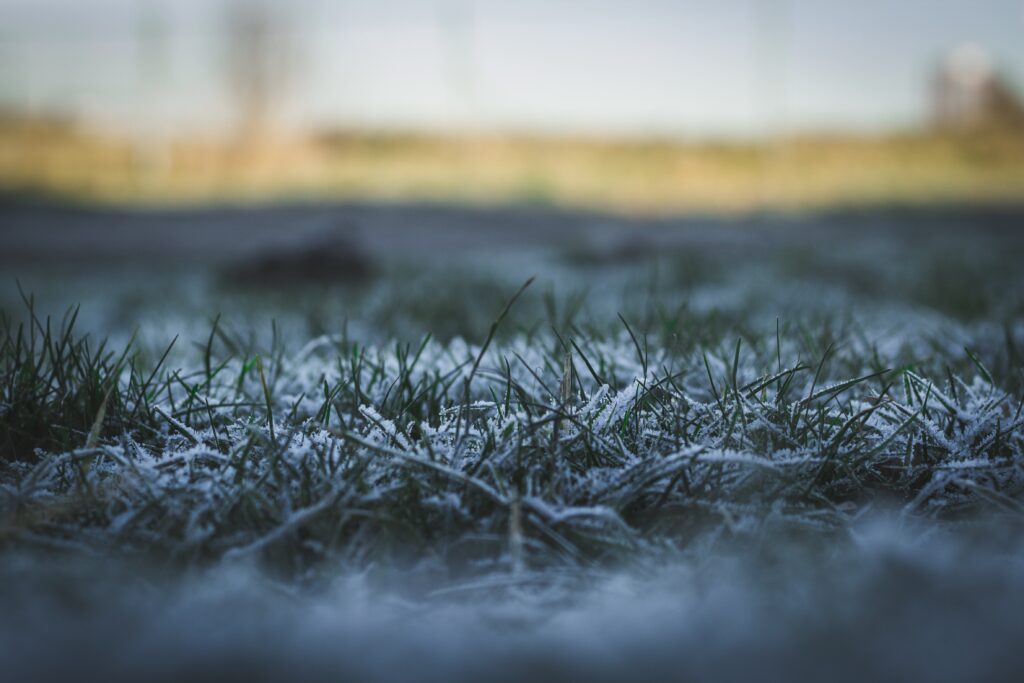How to Ensure Your Turfgrass Makes it Through the Winter

The arrival of cold winter weather doesn’t mean a golf course shutters its doors until the first warm days of spring. Keeping the greens healthy during the off-season saves money repairing damage and ensures your team spends fewer man-hours on remediation after the thaw.
Here are four recommendations from the experts at Modern Turf to help you protect your ground assets and reduce turf-stress.
Cover your turf.
Anytime the temperature is expected to dip below 25 degrees Fahrenheit, cover your grass. Research shows that almost any blanket material will work. Look for lightweight, durable covers such as tarps, vinyl, pine bark, and straw. Another good option is heavy sand topdressing.
Treat for winter fungi.
Cold, damp weather encourages mold development. Keep an eye out for signs of gray- and pink-snow mold.
Test your soil and grass health.
Pull plug samples periodically. By watching the soil samples warm up indoors near a sunny window, your maintenance team gains valuable insight into the condition of your turf. This is the perfect opportunity to get a head start on developing a spring recovery plan.
Time Snow Removal to Advance Ice Thaw
Manual snow removal is laborious, but necessary if ice refuses to melt. Speeding the thaw will help the grass absorb moisture more effectively, and reduce damage.
Get Professional Help Creating a Winter Turf Management Plan
Modern Turf specializes in designing proactive winter management plans to keep your greens healthy and thriving. For more information about mold preventatives or comparing covers, contact a turf health specialist today.


